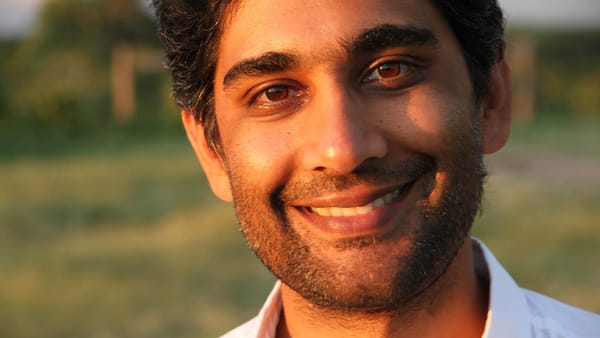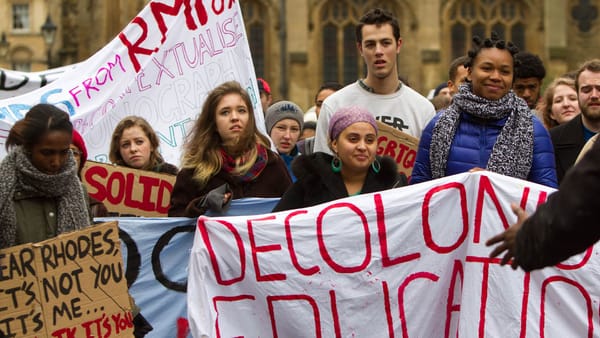
Culture
In the future, our values will support everyone having a rich, meaningful life.
In many of our current crises, I believe we tend to see a lot of problems as cultural or political, when their deeper roots are actually in economics, and deeper still, unconsciously embedded in our infrastructure.
There are, however, elements of our cultures which are historically damaged by centuries of violence and intergenerational trauma, and a more general backdrop of natural scarcity. There are also elements which seem very compelling, but I believe distract us from more critical issues.
Western cultures are subtly influenced by Christian ideas of good and evil. Many accept that complex social issues are the result of evil conspiracies, or selfish motives, without needing actual evidence. Such beliefs are actually theological, and based on fears about humanity's original sin. This can also lead to focus on purely personal behaviour, linked to individual redemption – rather than the collective solutions we need.
This links to more modern but equally corrosive cynicism. Any problems we face clearly arise because powerful people, or shadowy cabals, are busy enriching themselves. Such conspiracy theories require no evidence, and provide clear villains, in narratively satisfying ways. Clearly inequality, greed and selfish behaviour do exist, but we need a new theory of evil to explain when they gain dominance.
The West also has an uncomfortable love/hate relationship to capitalism. An old aristocratic disdain for grubby commerce persists in some parts of British culture, which I do not recognise in Asian or Islamic traditions. American culture, on the other hand, almost reveres 'free markets' with a religious fervour.
Capitalism has a history of terrible exploitation, but moral injury can obscure the material abundance it has also created. Not all wealth is based on the exploitation or suffering of others, while the labour theory of value is outdated. Automation alone shows how, in many ways, labour has become irrelevant, raising important but different concerns.
We assume some people can't do well without others suffering, or creating hidden costs. Assumptions that trade-offs are zero-sum derive from almost instinctive ideas of balance. This blocks us from appreciating genuinely new possibilities, and the obvious reality of unprecedented abundance.
Religious ideas about chosen peoples combined with later imperial ideas about superior races, the Protestant work ethic, and later evolutionary concepts, to normalise existential competition. Resources will always be limited, so only the strongest or smartest will survive. Human progress justified conflict, while the suffering of many became easier to ignore – if not predictable, and even desirable. Such beliefs were once mainstream, and are sadly resurfacing visibly today.

